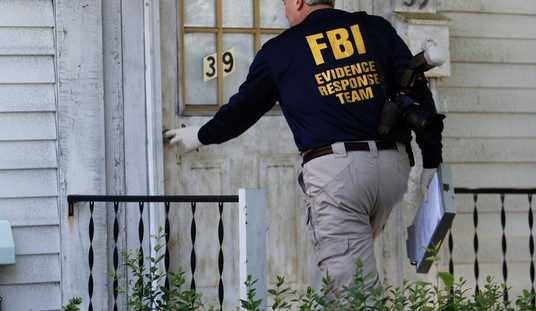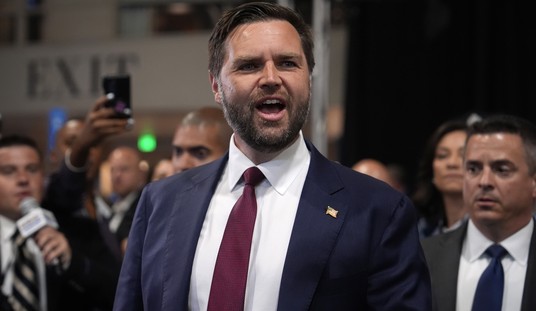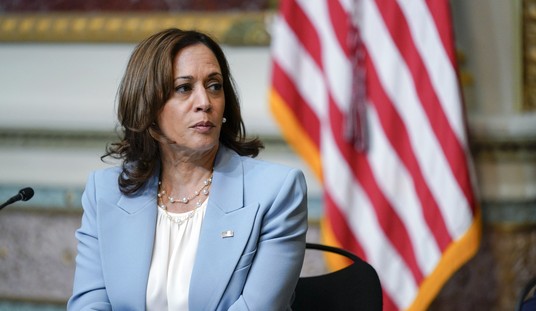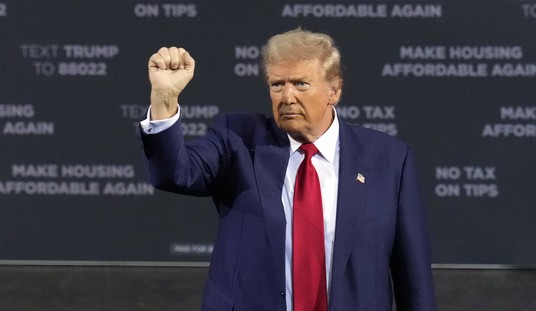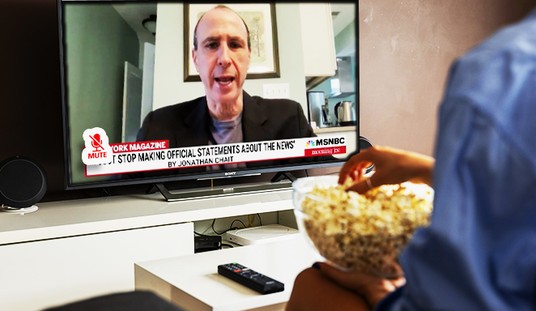As I reported earlier Tuesday, the conversation between Elon Musk and Donald Trump wasn't just interesting, it broke records with the interview ultimately receiving a billion views, and that's on X alone. That's not counting the amount of people who watched through streams covering the conversation like mine.
(READ: The Musk/Trump Conversation on X Shatters Records and Elon Posts Astounding Final Numbers)
But one man's accomplishment is another corporation's impending financial loss.
The corporate media was not happy about the conversation that happened on X, and I can't say I blame them. The conversation should give them a sense of terror, and not because it allowed Donald Trump to speak uncensored and without any boundaries. Yes, seeing Trump talk about plans for the future, the corruption in Washington, and the lies of the left was not something they wanted anyone to hear, but it goes deeper than that.
For as long as they can remember, the press has been the gatekeepers of information and narratives. The internet introduced some very real complications to that, but thanks to many of the overlords in Silicon Valley being just as radically leftist as they were, controlling information wasn't that hard to do. Censoring, blacklisting, and silencing wasn't just easy, they considered it a noble pursuit.
Even alternative media like Parler was dealt with through lawfare and underhanded means by the government. Cooperative sites got to thrive, those that didn't were punished in any way they could be.
And then Elon Musk bought Twitter after a lengthy struggle against its board members, and discovered just how deep the rabbit hole of government collusion and cooperation went. This information was released via the "Twitter Files."
From here, things began going wrong. Musk prioritized free speech and did not intend to cave to government demands for censorship. He began bringing people back that were supposed to be permanently silenced, such as Alex Jones and Donald Trump. Restrictions were lifted and stories that once would have been buried began to see the light of day.
Renamed to X, the platform became a problem that, despite all the king's horses and all the king's men, they couldn't get their narratives together again. X's rollout included "Community Notes," which allowed for the X community to debunk falsehoods spread by everyone from random users to the President of the United States and the corporate media. Where a narrative would have taken off and dominated headlines, they were not dead on arrival.
All of this led to the moment where Donald Trump, the once banned former president, spoke to the world's richest man in a live conversation anyone could listen to about everything from the border to electric cars, the economy, and plans to shrink the government. It was unfiltered, uncensored, and terrifying for the information gatekeepers of the modern era.
Trump didn't have to fight them here. He didn't even have to go around them. He completely ignored them.
There was no need to even deal with them. One billion people were able to hear Trump without their filter, and that has caused some good deal of panic, as it should. While he ignored them, they certainly didn't ignore him, and they used every bullet in their proverbial gun to generate their own narratives about what happened in that conversation.
See for yourself in this compilation of headlines.
Collection of the negative headlines from the Trump x Elon spaces pic.twitter.com/0lyQdygytt
— Autism Capital 🧩 (@AutismCapital) August 13, 2024
Notice the headlines downplay the conversation, refer to it as a "failure," focus in on a "lisp" from Trump, and even refer to the DDOS attack the site suffered before the conversation could happen as a "technical issue."
This isn't reporting, this is a group of mean girls talking to each other about someone they perceive as a threat to their popularity.
But if that's what they fear, then they're right to. This was a threat to them. A big one.
If anything, this moment highlighted that the corporate media isn't just corrupt and wildly biased, they're outdated. They're a dying way of doing things that was always destined to fail in an environment where information is shared at the speed of light and no matter how much they try to dam it up, a new leak will always appear.
There have been so meany leaks up to this point, and this conversation represents the largest crack in the wall yet. If I was the corporate media, I would see this as the beginning of a real issue that, unless dealt with, could completely alter the news industry altogether. One billion people listening to a single conversation is something that the media wouldn't think possible, even with all its reach, power, staff and equipment, yet Musk did it with a couple of microphones and a website that does a lot more with a lot less and throws out the approved playbook.
If I'm the corporations, I'm wondering what innovations that further drive back the old guard are coming down the pipe and possibly getting on the phone with Democrat politicians to explore options on stomping this fire out. You saw that thought come out when a Washington Post reporter asked Karine Jean-Pierre how the White House could stop the conversation.
I wouldn't be surprised to hear that someone in the legislative branch has a bill in their desk waiting right now that would deal with just this kind of issue. If one surfaces very soon, you can bet that the corporate media had something to do with it.
Either way, the media is not in a good position right now. This conversation signals something that they can't control and they don't like not having control.



